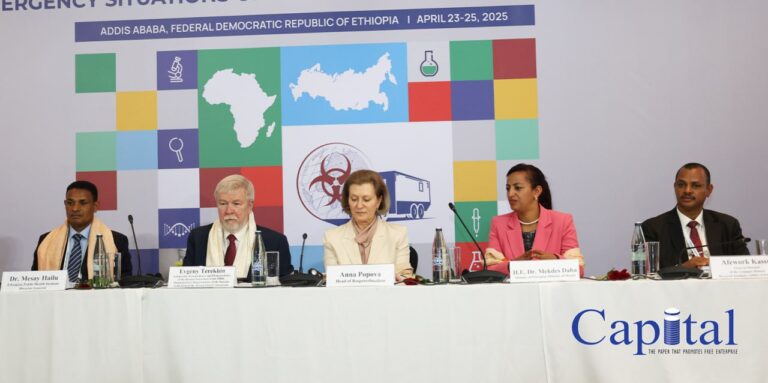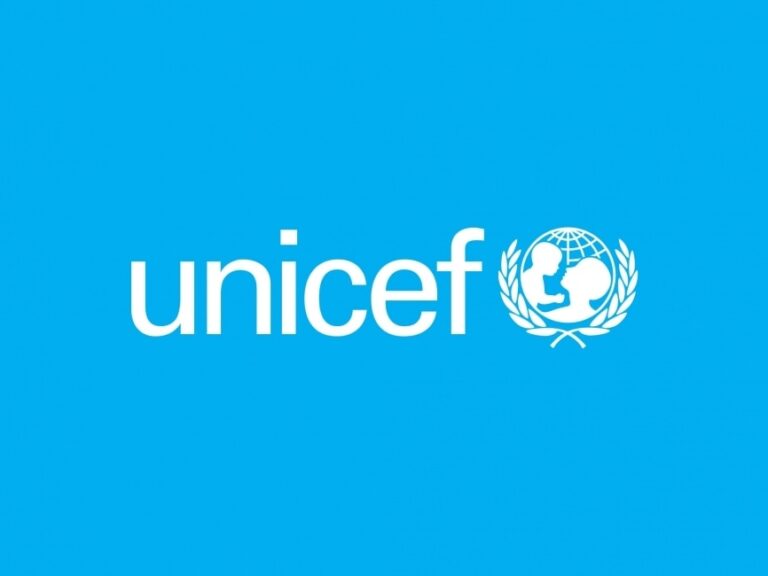Ethiopian Airlines, Africa’s largest and fastest-growing carrier, is in advanced discussions with Brazil’s Embraer for the potential acquisition of new regional jets, signaling a significant expansion of its fleet and a possible new chapter in its aircraft procurement strategy. If finalized, this would mark the first time the airline operates Embraer-manufactured aircraft, complementing its existing Airbus and Boeing fleets.
The talks, which have intensified in recent months, reflect Ethiopian Airlines’ ambition to further strengthen its domestic and regional connectivity. Stephan Hannemann, Senior Vice President Sales and Head of Africa & Middle East Region for Embraer Commercial Aviation, confirmed to Capital that the African market is a strategic priority for Embraer, which already has 70 of its aircraft in service with 70 airlines across the continent. Globally, the company boasts over 2,000 aircraft flying with 140 airlines, underscoring its established presence and reliability.
Embraer’s E2 family of jets, seating between 100 and 120 passengers, is being positioned as an ideal solution for the African market. The aircraft’s size, fuel efficiency, and lower maintenance costs offer a compelling value proposition for airlines seeking to optimize route networks and replace less efficient planes. Hannemann emphasized that the E2’s operating economics and passenger comfort make it particularly well-suited for the growing demand for regional air travel in Africa.

Ethiopian Airlines’ interest in Embraer jets comes as the airline seeks to introduce a new capacity segment focused on domestic and regional routes. The carrier’s CEO, Mesfin Tasew Bekele, has previously indicated the need for regional jets to replace part of the airline’s turboprop fleet, with both Embraer’s E2 and the Airbus A220 under consideration. However, decisions have been delayed pending resolution of engine issues affecting both aircraft types.
Hannemann noted that Embraer is keen to establish a long-term partnership with Ethiopian Airlines, building on the country’s strong aviation ecosystem and skilled workforce. “We see Ethiopia as an attractive market for cooperation, not only in aircraft supply but also in areas such as maintenance, training, and parts production,” he said. Embraer’s global maintenance and training network could provide customized solutions to support Ethiopian Airlines’ growth plans, aligning aircraft delivery and entry into service with the airline’s strategic objectives.
Ethiopia’s aviation sector has become a magnet for international investment, with both Boeing and Embraer expressing strong interest in expanding their presence in the country. The government’s commitment to developing Addis Ababa as a regional air transport hub, including the construction of a new international airport in Bishoftu, has created new opportunities for collaboration in aircraft maintenance, manufacturing, and training.
Recent infrastructure developments, such as the new airport designed to handle up to 60 million passengers, further enhance Ethiopia’s appeal as a gateway for African and international air travel. Embraer executives have praised Ethiopian Airlines for its adoption of new technologies and its exemplary role in the continent’s aviation industry.
Embraer’s E2 jets are already making inroads in Africa, with airlines such as Nigeria’s Air Peace and Madagascar Airlines operating or planning to operate the type. The E2 Profit Hunter series is lauded for its fuel efficiency, reduced maintenance costs, and ability to serve smaller markets profitably—key advantages in a region where many national carriers struggle with profitability and market volatility.
Industry analysts predict that Embraer will continue to expand its footprint in Africa as demand for regional air travel grows. The company’s focus on right-sizing aircraft for specific markets and offering widebody comfort in a single-aisle jet has resonated with African airlines seeking to maximize efficiency and passenger experience.







